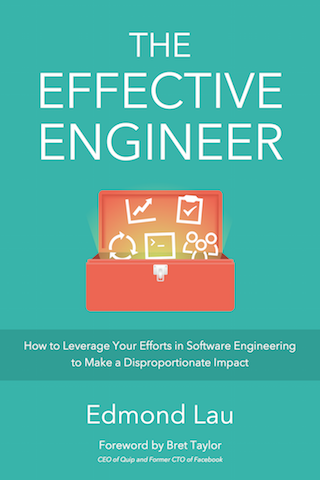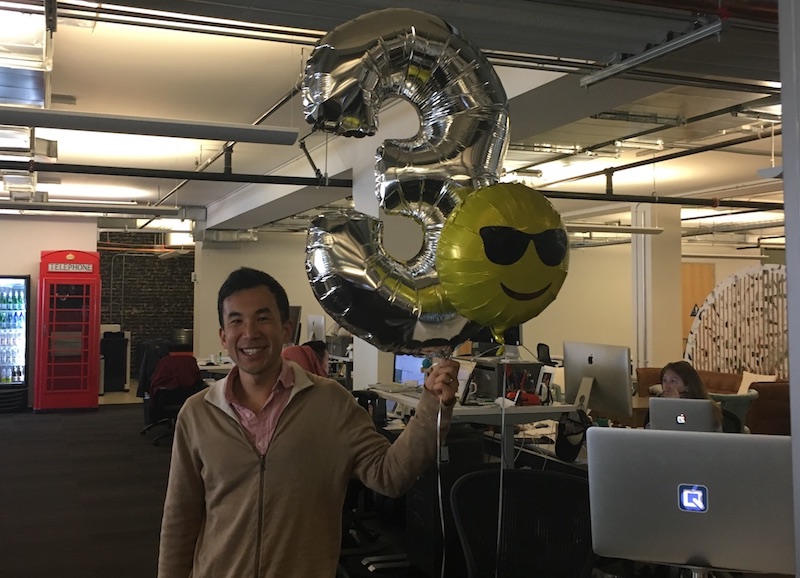There’s More to Learn and Grow Than You Might Think

Are we all born with a fixed amount of intelligence? Or is our intelligence a malleable quantity that can be improved upon through experience and hard work? It turns out that our belief systems about intelligence impact the types of goals that we set for ourselves and our attitudes toward learning.
In one social science experiment, psychologist Carol Dweck divided New York City 7th graders in several public schools into two groups. For half an hour a week for 8 weeks, students in both groups met with a member of her research team to learn about how the brain and memory work. The students in the experimental group also learned about the nature of intelligence and how it could be increased through experience and hard work, while the students in the control group did not have the additional lesson. The extra psychology lesson made a huge difference – whereas the control group’s math scores worsened over the 7th grade year (reflecting a sad state of affairs for American education), the experimental group actually saw their grades increase. 1
In another of her studies, Dweck found that, of students in a school in Hong Kong who weren’t proficient in English, 73% of those who believed that they could get smarter decided to enroll in a remedial English class. Only 13% of those who believed that smartness was a fixed quality decided to enroll. 2 The rationale is clear: if you believe your intelligence to be a fixed quantity, why invest time to try to improve something that can’t be improved?
Adopt a growth mindset
Your mindset, therefore, affects your attitude toward success and failure. In her book, Mindset: The New Psychology of Success, Carol Dweck explains how when people adopt a “fixed mindset” toward intelligence, they give up much more easily when faced with challenging problems. If you believe that you’re born with a fixed amount of smarts, then there’s just not much more you can do when faced with failure, so why try at all? People with fixed mindsets stick with easier problems they know they can solve and use situations to demonstrate their intelligence rather than to learn.
On the other hand, when people with a “growth mindset” face challenges, they believe that challenges are actually opportunities to learn and increase their intelligence, and therefore are less likely to give up on their path to success. 3 They focus less on showing off their intelligence and more on their own personal growth.
Heidi Grant Halvorson, who worked with Dweck, summarizes the effects of our mindset well in her book, Succeed: How We Can Reach Our Goals:
“When we believe that there is something about ourselves we cannot change, we pursue goals that focus extensively on presenting ourselves to others in the best possible light. Ironically, these are goals that often actively prevent change – goals that make it impossible for us to learn and grow.” 4
Don’t accept your weaknesses as fixed
Most engineers I know believe that their intelligence is a malleable quality and a result of their own dedication and hard work. That’s not surprising. They studied hard to earn good grades in school, read books to increase their knowledge, worked on side projects to develop their skills, or immersed themselves in countries to pick up new languages. To some extent, most of them probably believe the same about sports. You can’t get better at running, swimming, basketball, or tennis without hours and hours of practice.
What is suprising is that while many of us accept that intelligence, technical aptitude, and physical skills are traits that can be improved upon, we often have trouble applying the same growth mindset to softer skills. We might consider ourselves introverted, uncomfortable with making small talk or delivering presentations, or clueless on how to meet new people. We might negotiate poorly, withdraw from difficult conversations, or feel slow when thinking or responding on our feet. We might be annoyed at how disorganized or how poor we’re at planning or prioritizing projects and activities. Or we might have trouble remembering names or telling engaging stories. And even though we might complain about not having these soft skills that we wish we had, many smart people don’t do anything about it.
Whenever we think or say that it’s not in our nature to be good at skills that we think are valuable traits to have, what we’re actually adopting is a fixed mindset toward these traits. We’re accepting a learned helplessness that hinders our ability to grow and develop those skills, just like those students in Dweck’s studies who give up early because they believe that they only have a fixed amount of intelligence.
In actuality, if we decide that there are soft skills that we’d like to be better at and if we adopt a growth mindset toward improving them, it quickly becomes clear that we can come up with ideas to try to improve them. I have a friend who used to be extremely shy but essentially trained herself to be social during college by setting goals like making five new friends a week, and it’s hard to believe now that she’s even introverted. I used to be fairly disorganized, but I’ve taught myself to be sigificantly more organized, effective, and productive in the past two years by reading books like 4 Hour Work Week, 7 Habits of Highly Effective People, and Getting Things Done, and practicing on how to be more mindful of how I want to plan and organize my time. Another great example is that while people have commented on how awkward Mark Zuckerberg is in the public spotlight, he’s improved significantly since his early days. 5
Of course, there are people who are naturally more extroverted and have an easier time with conversations and people who seem to be natural event planners, just like there are people who might be born with a higher IQ and find it easier to learn new concepts. But once we treat these shortcomings less as permanent labels and more as skills that we haven’t invested time into developing, we move more toward a growth mindset where we take control of the situation and try to improve. We start to prioritize the skills that we think are worth pursuing and to take a course of action that allows us to learn and practice those skills. Negotiation and improv classes, Toastmasters clubs that practice speaking skills, and memory tricks for remembering name are examples of avenues that can help improve various soft skills.
I’m terrible at remembering names, and I’ve wished that I was better at it to cut down on embarassing moments of “Hey” followed by awkward silences where I mentally search for names, but I’d be deluding myself if I were to think it’s harder than memorizing terms for biology, chemistry, or history. I just haven’t prioritized it enough to spend time practicing it.
Related Reading
- Aaron Swartz, “Believe you can change.”
- Carol S. Dweck. Mindset: The New Psychology of Success
- Heidi Grant Halvorson, Succeed: How We Can Reach Our Goals
Heidi Grant Halvorson, Succeed: How We Can Reach Our Goals, p41. ↩
Succeed, p37. ↩
Psychologists also refer to these two different theories of intelligence as the the “entity theory” and the “incremental theory.” ↩
Succeed, p39. ↩
http://www.businessinsider.com/mark-zuckerbergs-most-awkward-moments-2012-5 ↩

“A comprehensive tour of our industry's collective wisdom written with clarity.”
— Jack Heart, Engineering Manager at Asana
“Edmond managed to distill his decade of engineering experience into crystal-clear best practices.”
— Daniel Peng, Senior Staff Engineer at Google

“A comprehensive tour of our industry's collective wisdom written with clarity.”
— Jack Heart, Engineering Manager at Asana
“Edmond managed to distill his decade of engineering experience into crystal-clear best practices.”
— Daniel Peng, Senior Staff Engineer at Google


















Leave a Comment